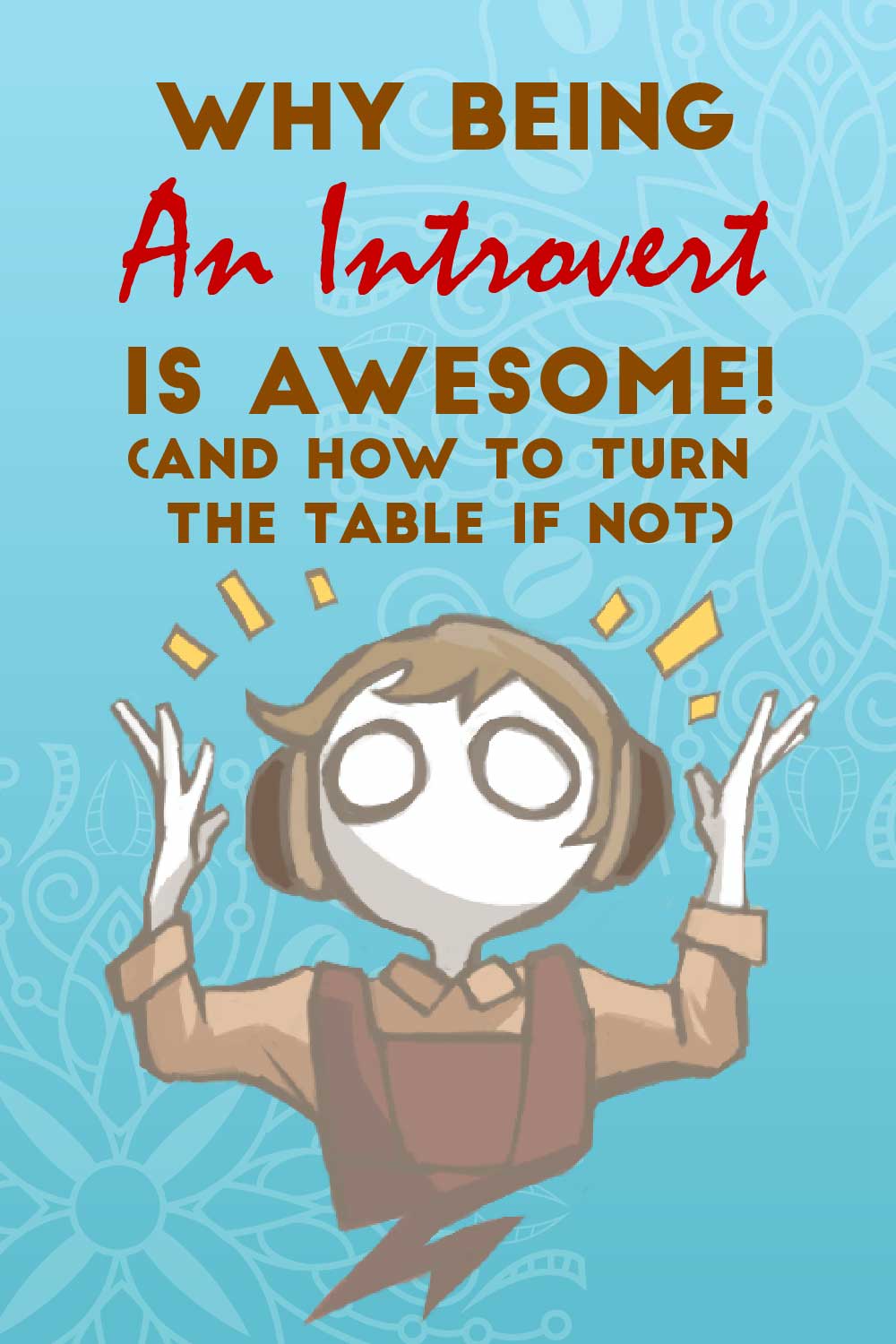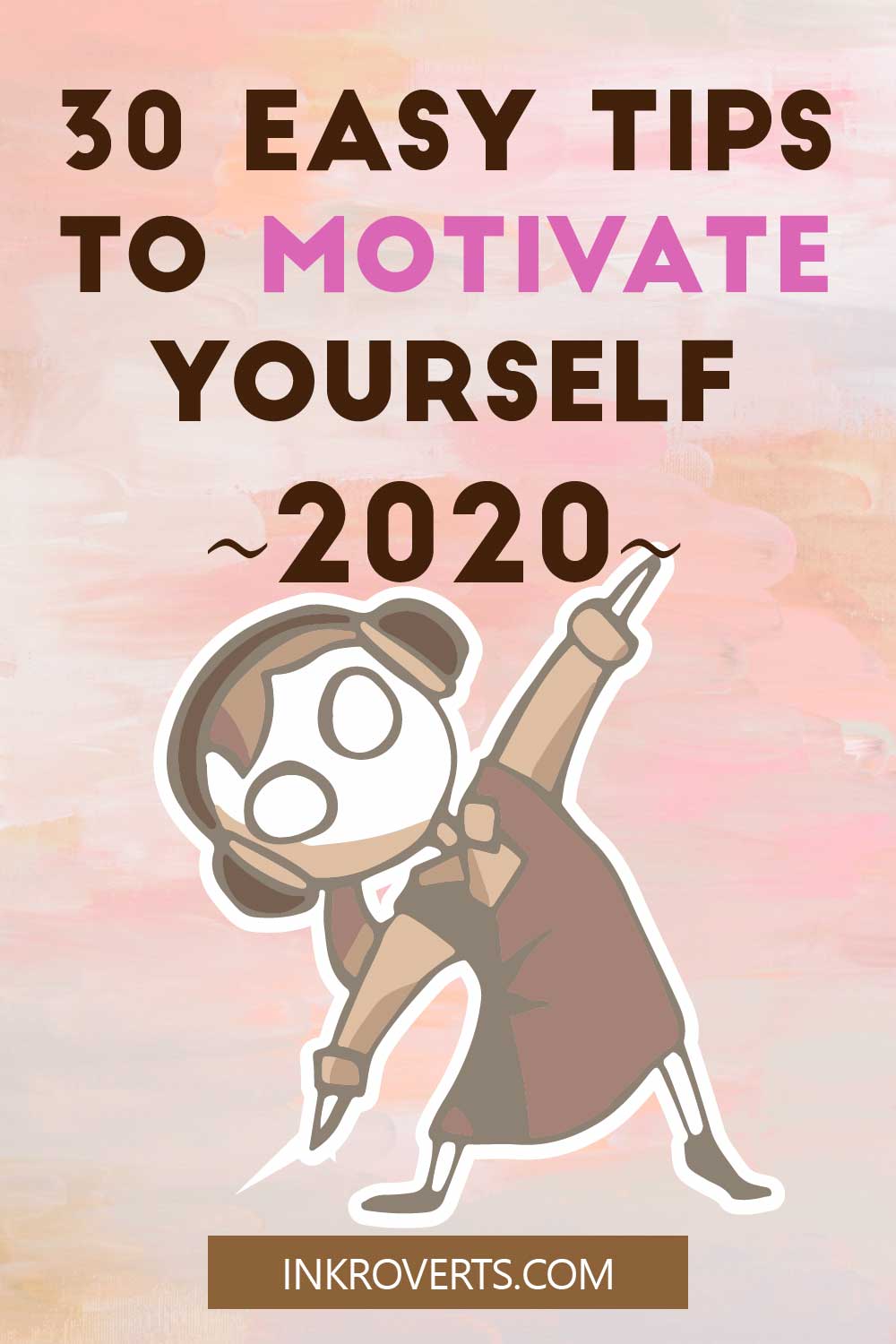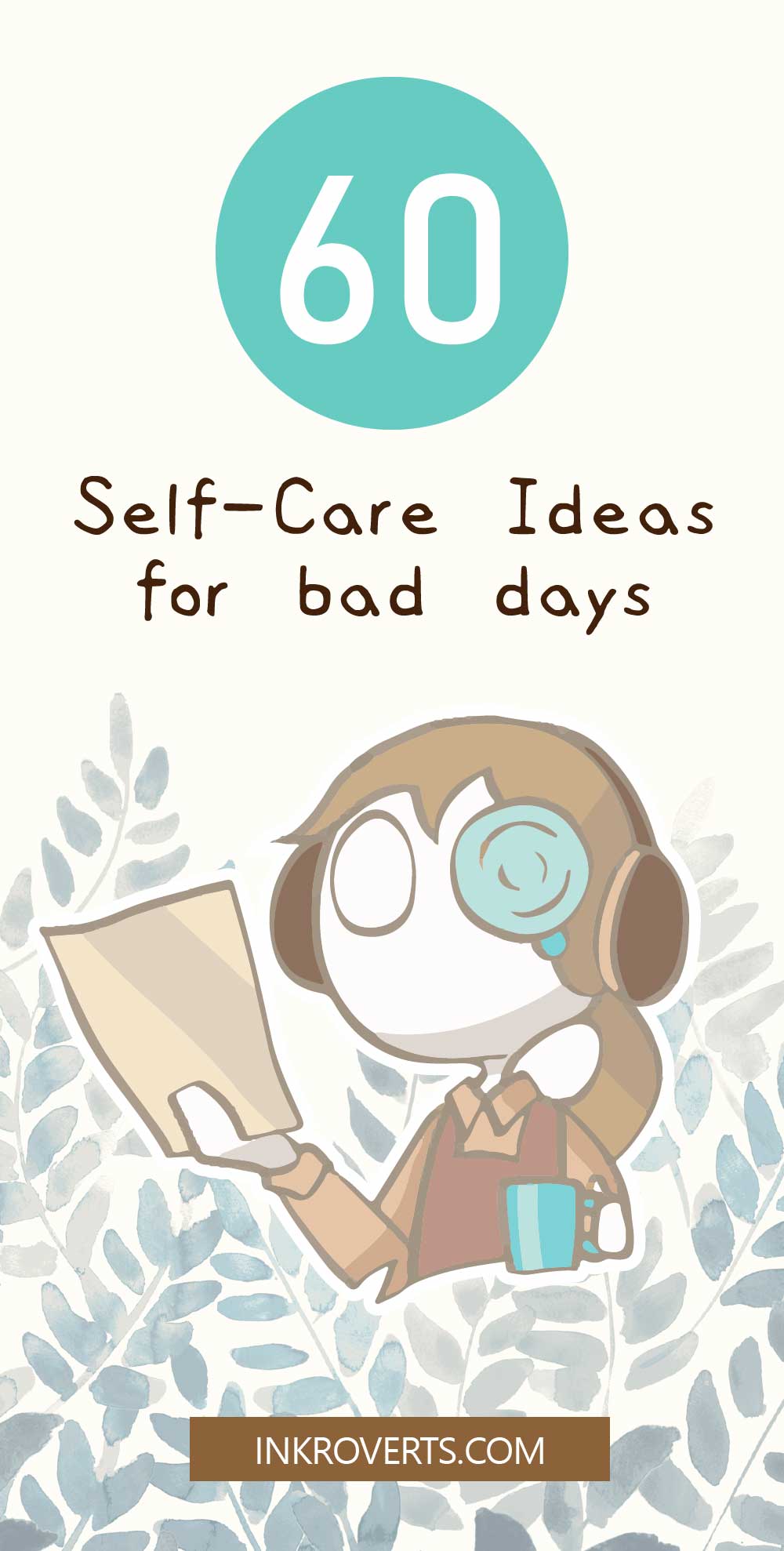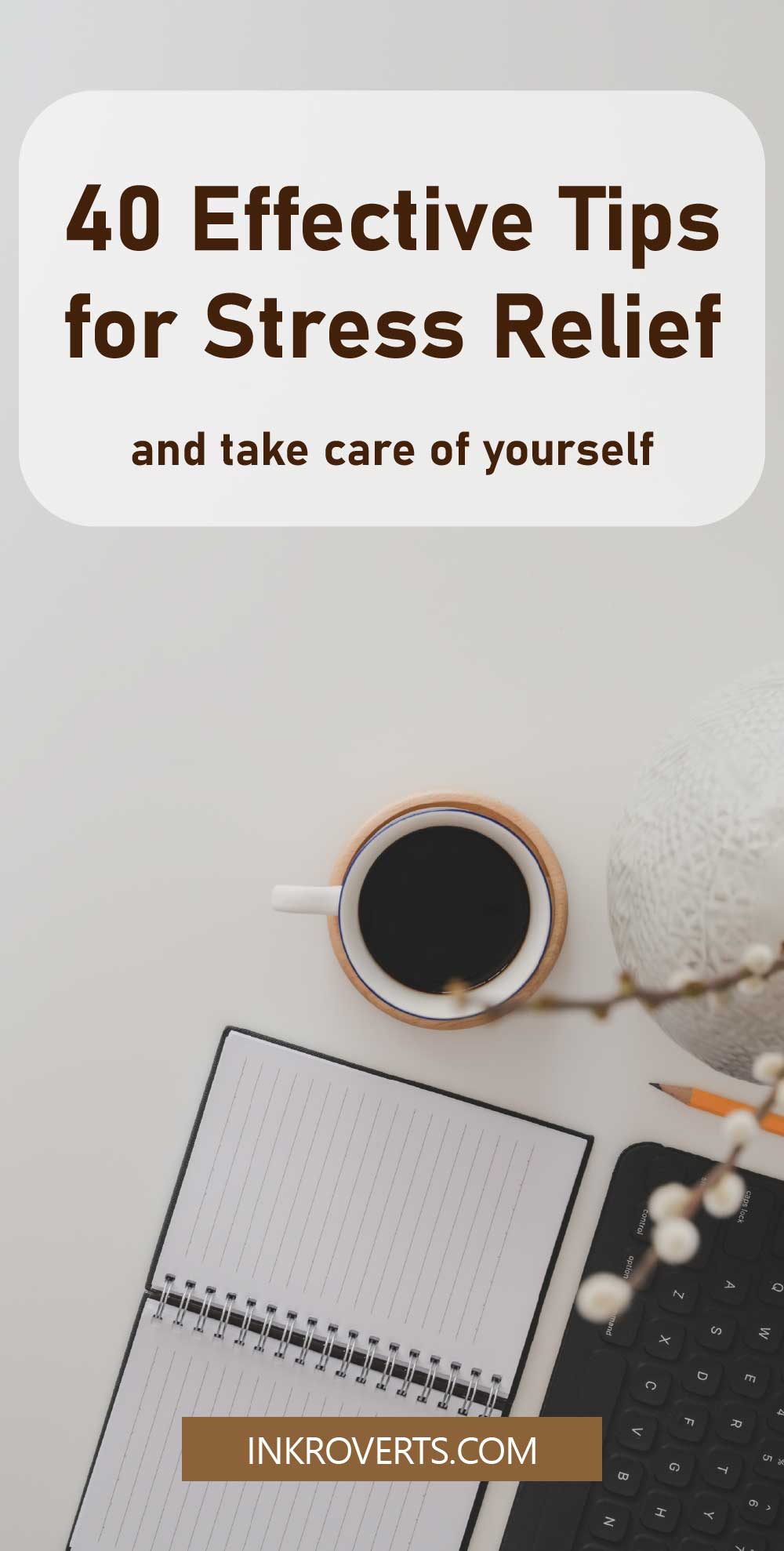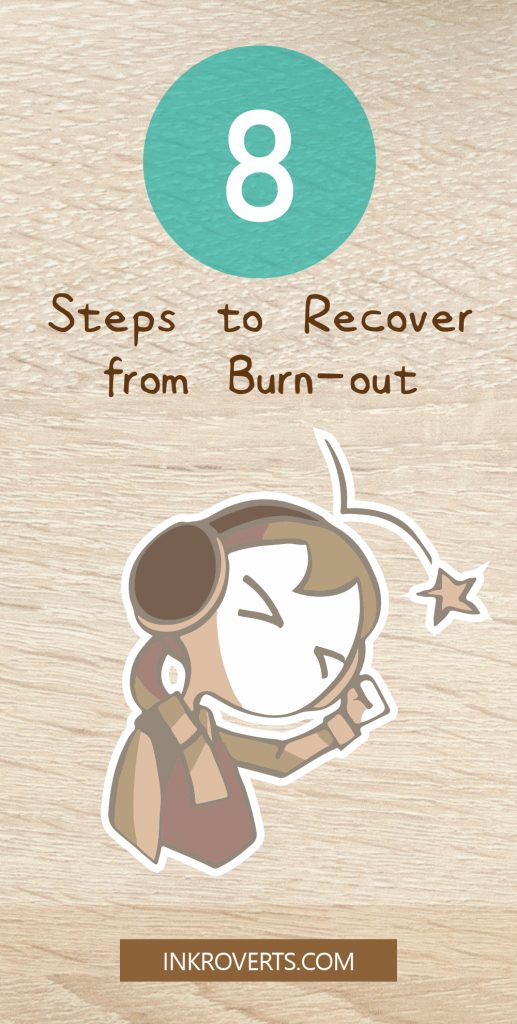
If you’re not familiar with recognizing burnout, think of this scenario:
Imagine you’re a character in an RPG game. You have a health bar.
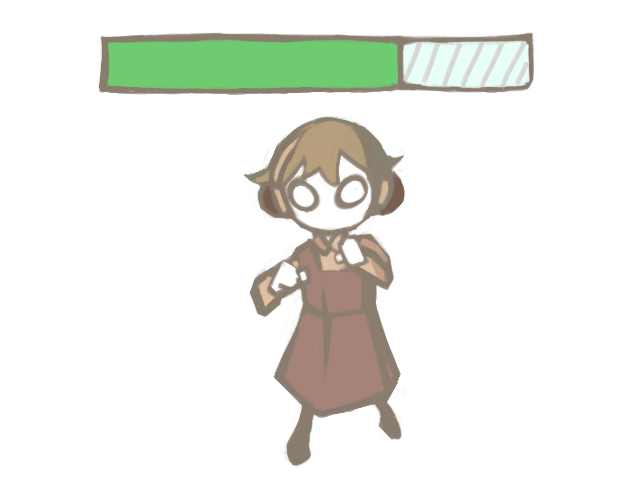
When you cast magic spells or take hits from your enemy, your health bar drops a little.
Eventually, your health goes lower and lower. At one point it reaches zero.
As your health bar goes empty, you pass out. And so, the battle ends there.
In real life, however, the battle doesn’t end when you fall down. In fact, sometimes you don’t even know when you fall down.
This kind of “fall-down” is burnout.
Table of Contents
What is Burnout?

Signs and Symptoms of Burnout
Physical
1. Low Energy
Whether you’re burnout mentally or physically, you may feel a lack of energy.
If you feel as if you don’t even have enough strength to go outdoors, let along do exercises, even though you slept for many hours, you might have to consider whether there’s something in your life that’s giving you burnout.
2. Headaches

Headaches can be caused by stress. Since burnout is a result of prolonged stress, you may have headaches during a burnout stage, from mild to severe.
If your headaches are results from burnout, please don’t just rely solely on painkillers!
When the source of your burnout (stress) is not address, the headache may come back despite the painkillers.
3. Muscle Pain
Just like headache, muscle pain is another sign for burnout and prolonged stress.
When you’re stressed, your body unconsciously tenses up. So if your body remains tense for hours, days, even weeks on end, your muscles are definitely going to feel sore or painful.
4. Low Immunity/ Sub-Health
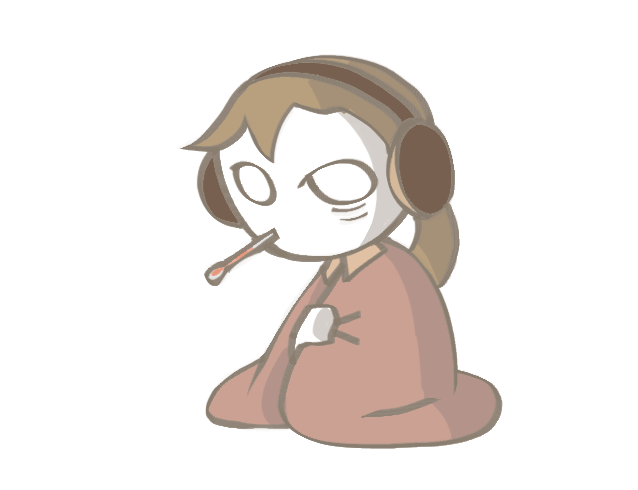
Stress lowers your immunity. But why?
When you’re stressed, your body releases stress hormones (corticosteroid) that are supposed to calm you down.
But the side effect is that your immune system is weakened as well.
For a few minutes, this may not be a big problem, but burnout is no few-minutes matter.
Low immunity caused by burnout will cause symptoms like constant sneezing, coughing, fever, and allergy.
5. Allergy-prone
While coughing and sneezing are what you body does to repel antigens, sometimes your body just over-reacts. This is called allergy.
During allergy, you body releases a large amount of hormones (including histamine).
And when you’re stressed out, your body releases even more of these hormones. Thus, your allergy reaction gets worse.
6. Insomnia
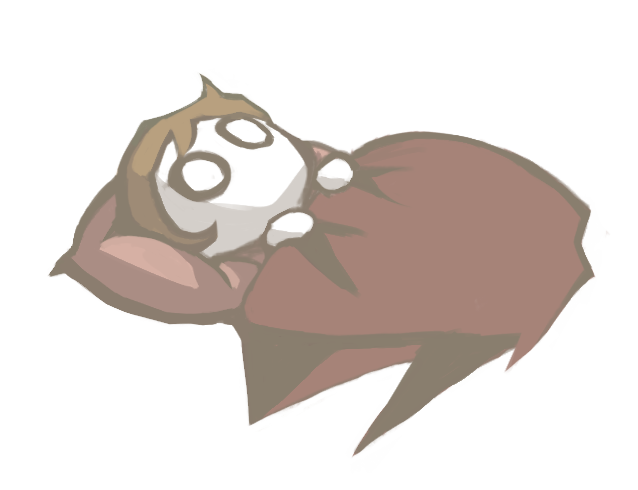
Do you keep yourself up at night with shower thoughts like,
“I wonder what my dog named me?“
For burnout insomnia, it is something similar, but on a whole new level.
Instead of random thoughts, you get burnout from real problems in your life.
In your attempt to think of what to do next, how will others think of you, and how terrible things may turn out, your mind will not get any rests.
7. Change in Appetite
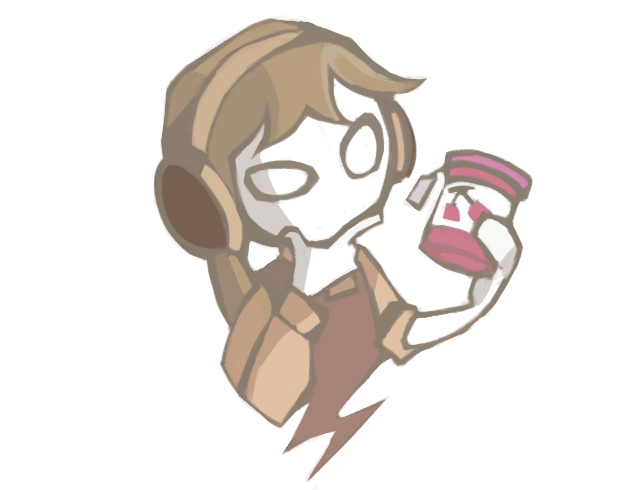
This may vary from person to person.
Sometimes you may lose all appetite, because your mind is filled with stressful thoughts that you can’t stomach any food.
But sometimes you may binge eat as a coping mechanism.
Either way, they are not healthy.
Emotion
8. Low Motivation
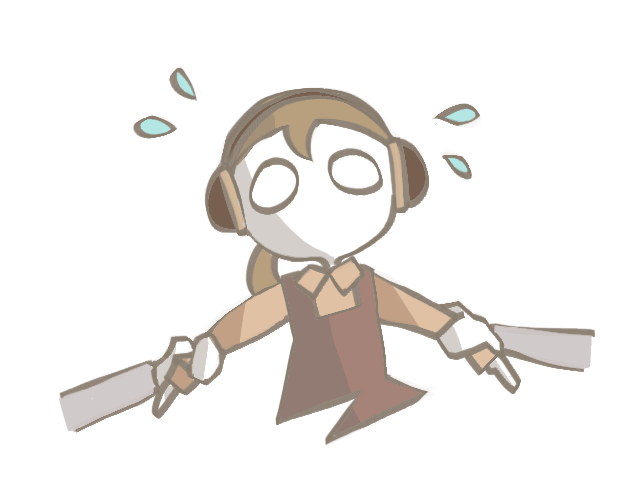
For emotion, burnout lowers your motivation.
Getting up to work requires more than physical energy, but the anticipation of happiness and fulfillment as well!
When you’re burnout, you don’t really anticipate to be happy. The whole world seems like a bottomless abyss.
9. Low Self-Esteem
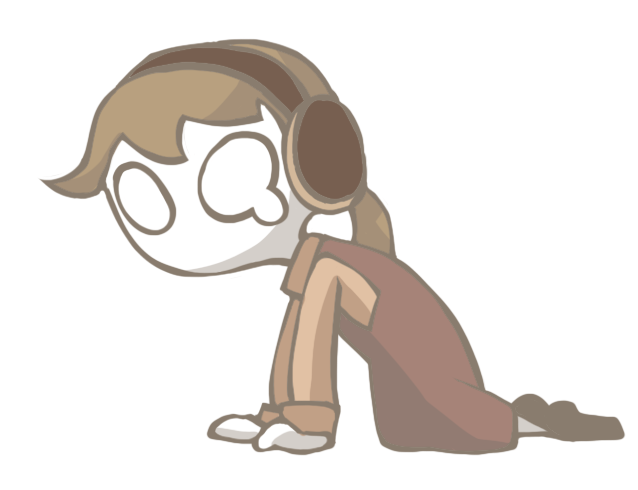
Burnout can make you feel like the worst loser in the world.
Without happiness yourself, and seeing everyone else around you being bubbly, it’s hard not to compare yourself with others.
Note this, though, this feeling is what burnout makes you feel. And not reality.
10. Loneliness/ Helplessness
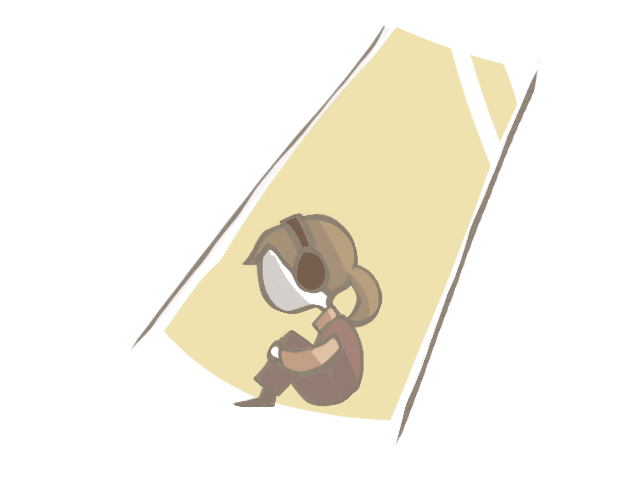
In your path building towards burnout, you probably didn’t ask for people’s help, right?
At the point of your burnout, you will start to feel that people cannot or would not help you. Because things escalated so much already.
At the end of the day, you feel extremely lonely because of that.
11. Sense of Defeat
Sense of defeat can come in two ways:
The first one is that you will amplify your failures. A failure can be huge blow to your hope of getting your life back to normal.
One the other hand, you success will feel like nothing to you. In fact, burnout makes you focus so much on the negatives, that you will not even notice your achievements.
12. Loss of Courage

With low self-esteem and sense of defeat combined, it’s natural that you will not feel brave enough to take risks anymore.
In a burnout, you may feel that you don’t deserve to speak up. And that all your attempts are going to be failures…
But in reality, are they?
13. Loss of Interest

With no sense of accomplishment anymore, you may feel that your hobbies and passions are only wastes of time.
You may tell yourself that “I must focus my time of important things, like solving the burnout I’m having right now.”
But leaving your hobbies are actually contributing to your burnout. Hobbies are non-work-related activities that can help soothe you mind.
As a result, the vicious cycle of burnout continues…
14. Loss of Meaning
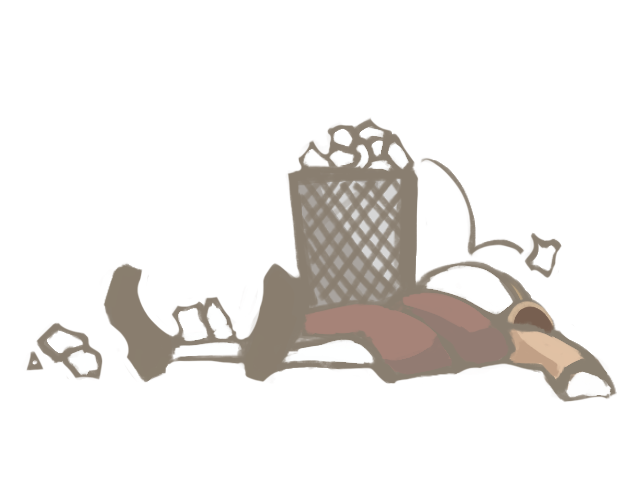
In a more severe, deeper state of burnout, you may encounter mental health issues like anxiety and depression.
Loss of meaning can imply many things. Meaning in work, meaning in relationships, meaning in getting out of bed.
Worse yet, loss of meaning in life.
If you think this applies to you, I highly recommend that you talk to people you trust. Then see if they agree that you look for professional help from a therapist.
Behavioral
15. Self-Isolation
In a burnout, it is tempting to lock yourself up in a room- as an escape from all the problems you may face in reality.
But here comes the vicious cycle.
During isolation, your mind will keep imagining how much worse things can get when you leave your house.
As a result, you isolate yourself further, and the fear only grows bigger.
16. Passive-Aggressiveness
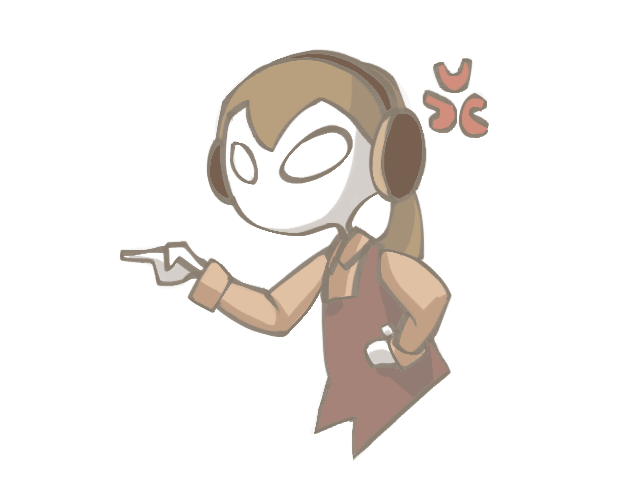
Well, maybe this example to not very “passive”.
Passive-aggressiveness comes when you try to suppress your irritation, but it seeps through your day-to-day behavior and even conversations.
You may think you’re being subtle. But sure enough, people will notice.
In a stressed out state, your passive-aggressive behavior will make people think if you really dislike them. And it jeopardize relationships.
17. Addiction as Coping Mechanism

Addictive behaviors are addictive because they give a dose of dopamine (a kind of happiness hormone) every time you do it.
But the “happy feeling” is short-lived, and so you do it over and over again in order to feel “happy” again.
Addiction doesn’t limit to drinking and gambling, people can have all kinds of bizarre behavior to satisfy their dopamine addiction, like gaming, coffee, shopping, pornography… even work itself.
18. Not Engaging in Hobbies Anymore
Hobbies are different from addictive behaviors from the last point.
Hobbies are what you like even without burnout, like drawing and crafting- things that take time and do not give you instant dopamine.
19. Procrastination
Burnout may make you lose interest in a lot of things in life.
So when you have responsibility in your life that you can’t ignore, procrastination comes in.
20. Staying in Bed All Day

With no motivation, you will question why you should get out of bed at all.
Staying in bed all day is a big red flag sign for burnout.
Depression, anxiety, phobia, and some other mental health issues also make staying in bed all day tempting.
How to Deal With Burnout
Step 1 – Reflect on why you are burnout

As I mentioned at the beginning, burnout is the result of prolonged stress.
To deal with burnout, you first need to know where the stress comes from.
Is it your work? Your family expectations? Your friends? It can anything in your life.
Luckily, unless you suffer from depression, you usually can tell why you’re stressed.
Simply take some quiet time to thing about it, and ideally write all your fears and stress down.
Step 2 – Remove yourself from those reasons
After finding out why you’re stressed out. It’s time to find the right antidote.
Maybe it’s impossible for you to 100% remove yourself from the stress. For example, sometimes you can’t just up and resign from work, or break up with all of your friends.
You can choose to spend a bit less time from those stress source. Ask for a looser deadline, or spend some quiet time by yourself.
Step 3 – Say no to further stress
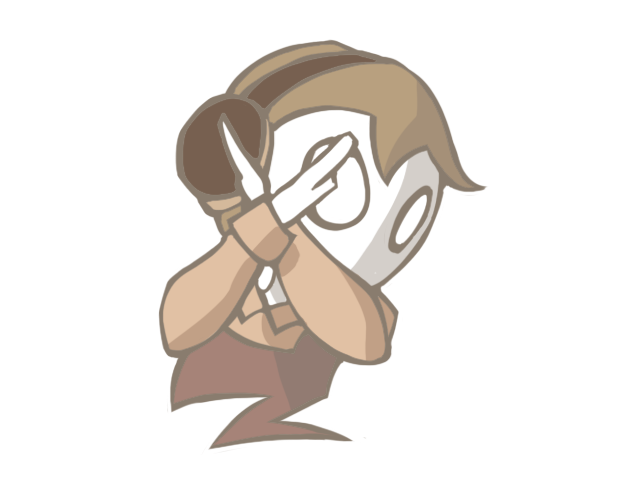
You’re already stressed out enough in a burnout. If someone tries to give you more responsibility, it’s time to say no.
Now, I understand that loss of courage comes with burnout. And this can mean that you don’t feel brave to reject people.
But please understand that your health comes first. And people are more forgiving than we imagine them to be.
Step 4 – Re-organize your time
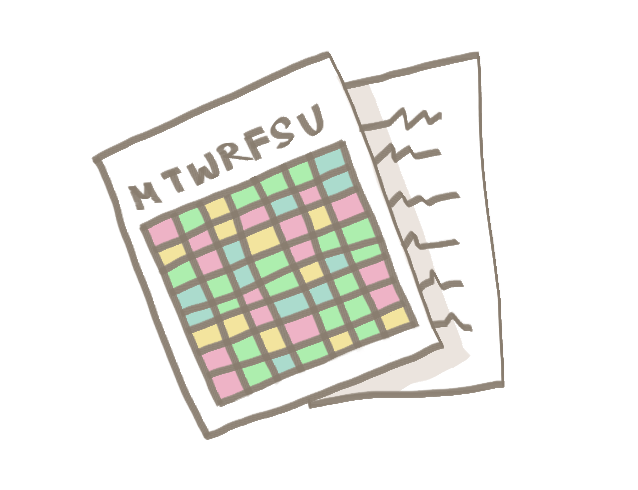
As you organize your day (or week), be sure to balance work, hobbies, social, and self-care time.
It’s not sustainable to grind on your work throughout a long period.
That’s why I designed the self-care planner for my readers. It contains many things, including:
- Introduction to weekly planning
- Weekly goal ideas
- Self-care ideas
- Daily planner (with reflection Q&A)
- Weekly planner (with reflection Q&A)
- Monthly planner (with reflection Q&A)
- Habit tracker
A total of 28 pages of self-care planning only less than 5 bucks. And you can use it forever, because the planner is not dated.
But if you’re tight on budget, you can get the daily planners (without reflection Q&A) for absolutely free.

Step 5 – Make your well-being comes first
“But the work is really important!” “But I have to consider their feelings!“
Maybe so.
But think about this: work is the responsibility of a team of people. Another person’s feelings is as well their own responsibility.
You alone is responsible for your well-being!
If you’re busy taking care of everything else, who is going to take care of yourself?
Remember caring for yourself is perfectly normal, and definitely not a selfish thing to do!
Step 6 – Seek help if necessary
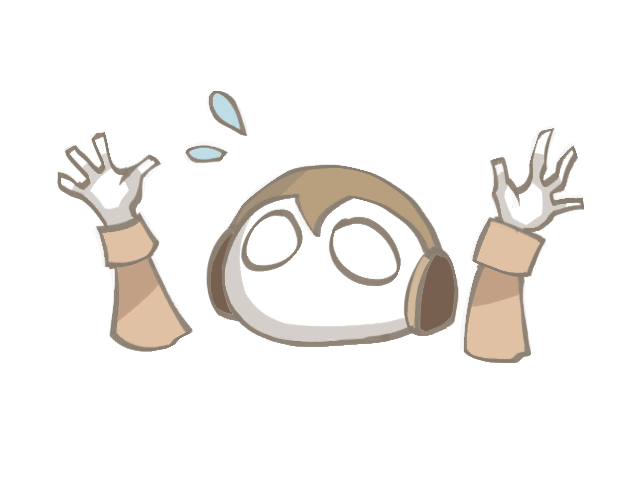
It’s hard to control our negative thoughts. It’s also hard to know whether you’re dealing with burnout effectively.
Look for help if you want to. Be it your close friends and family if you need an ear. Or you can seek a therapist if you want some professional advice.
Remember that you’re not alone.
Step 7 – Practice self-care

Step 8 – Understand that burnout ≠ weakness
Sometimes burnout is misunderstood as “you’re spoiled kid” or “you’re weak”.
Don’t let these thoughts get to you. You alone know best that you put your greatest effort.
Different people have different capacity to hold stress. Burning out yourself while another person is still working- doesn’t necessarily mean you’re weak.
Conclusion
Burnout is a serious jeopardy for your mental health. You’re more likely to suffer from it, when you’re stressed out without any relief.
It can give tons of negative impacts on your mind and body. So please don’t ignore the symptoms.
To avoid or recover from a burnout, the key is to understand the specific reason why you are burnt out. After all, stress can come from anywhere.
For example, instead of a vague “I have too much to do”, think about these things:
- Are my work hours are too long?
- Are the deadlines too tight for me?
- Am I stressed by my social circles?
- Do I have too little time to wind down/ relax?
- Do I have too much responsibility from work/ familiy?
From there, you can adjust your routine to take care of yourself more.
Speaking of adjusting your routine, it’s always much better to write it down on paper.
You can download a self-care daily planner here. It includes the following:
- Time schedule
- Water tracker
- To-do list/ notes
- Reflection journal area
Above all, make your mental health comes first!

